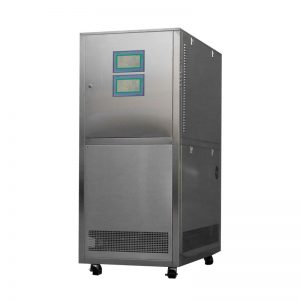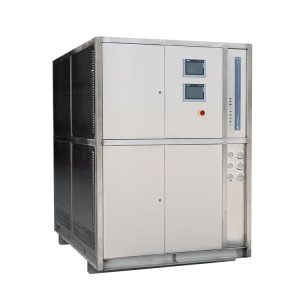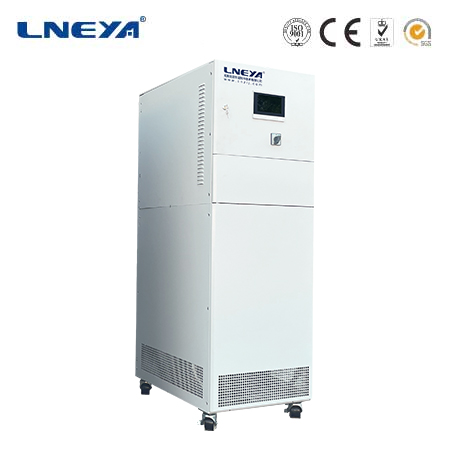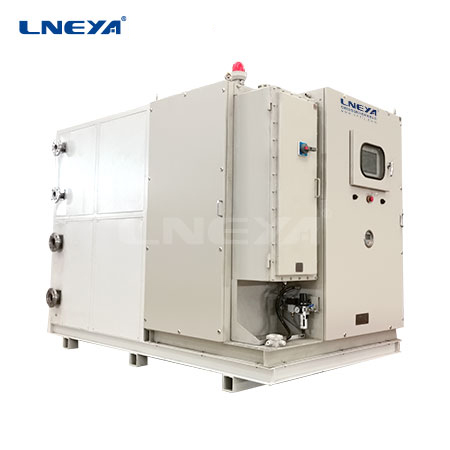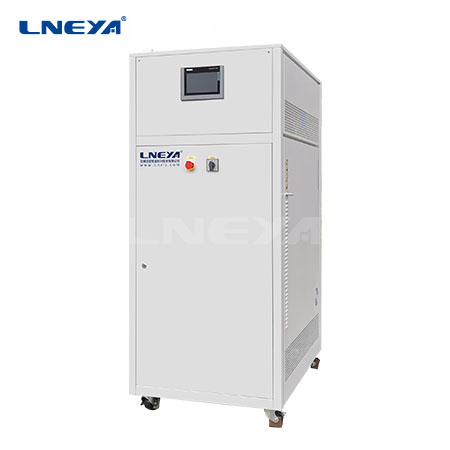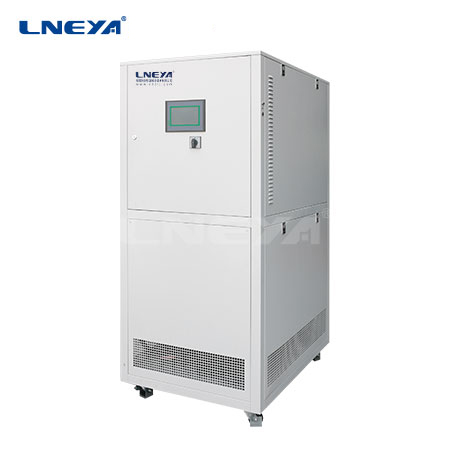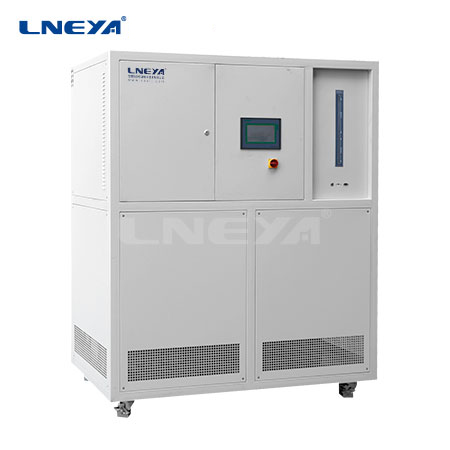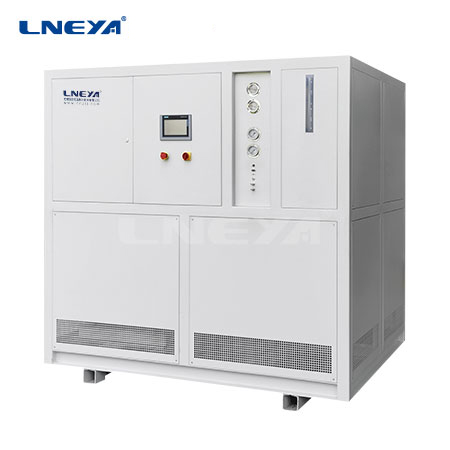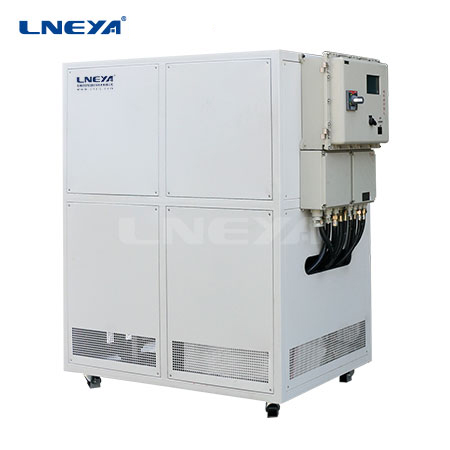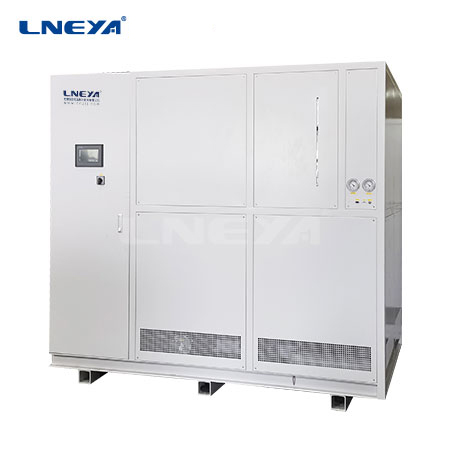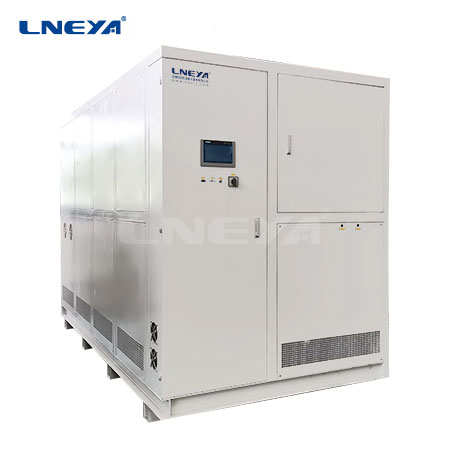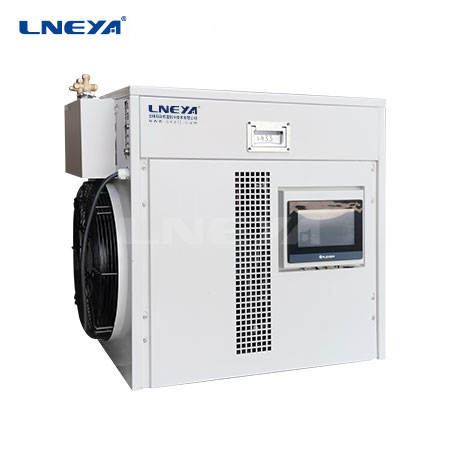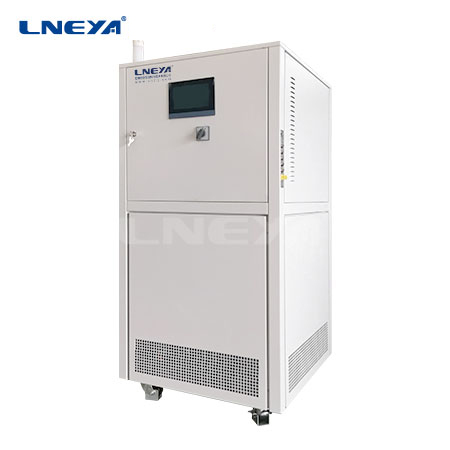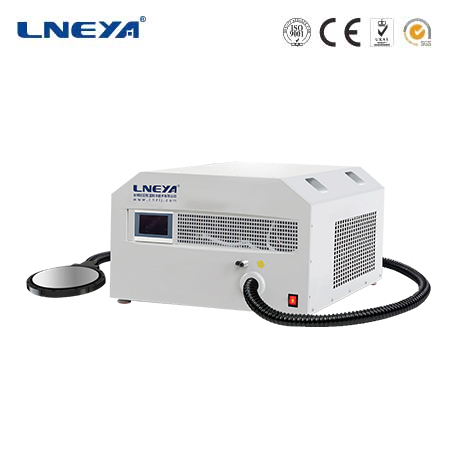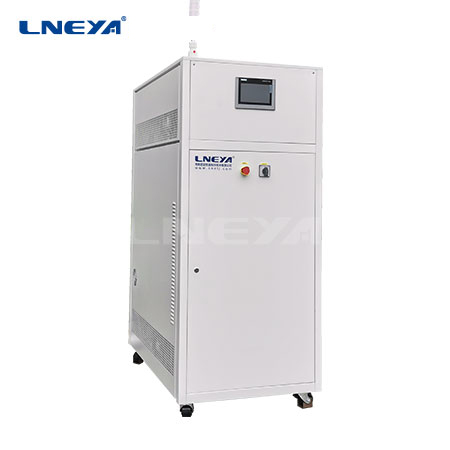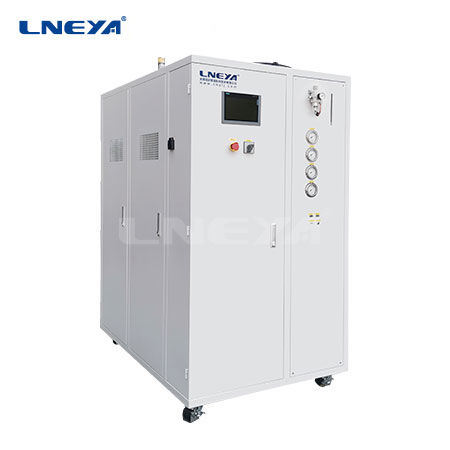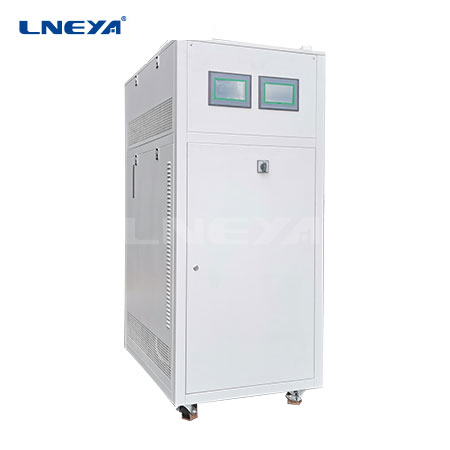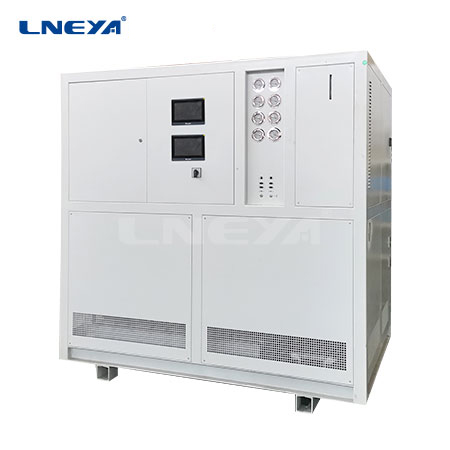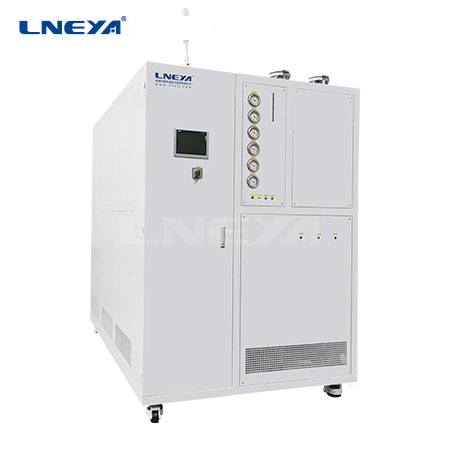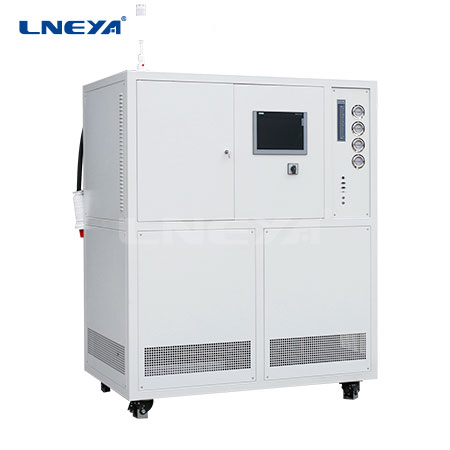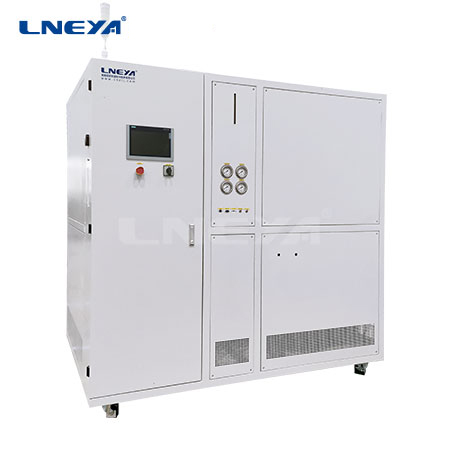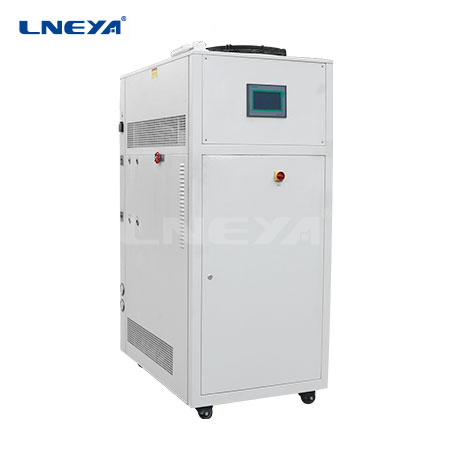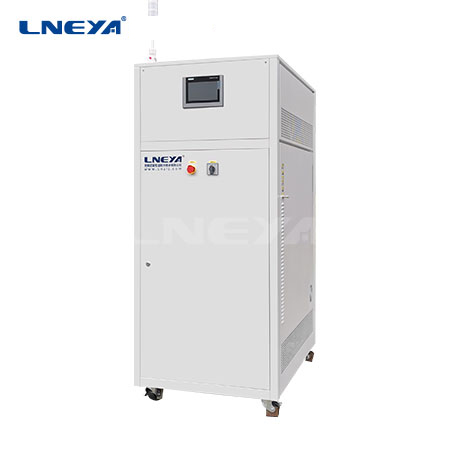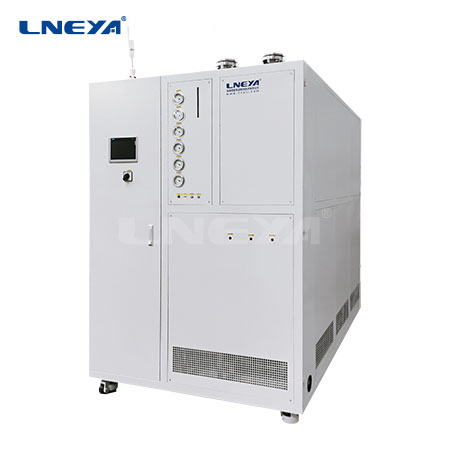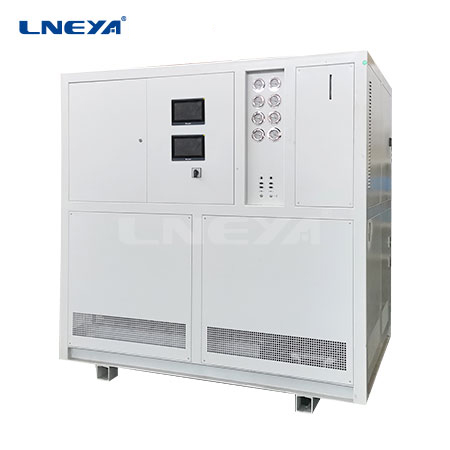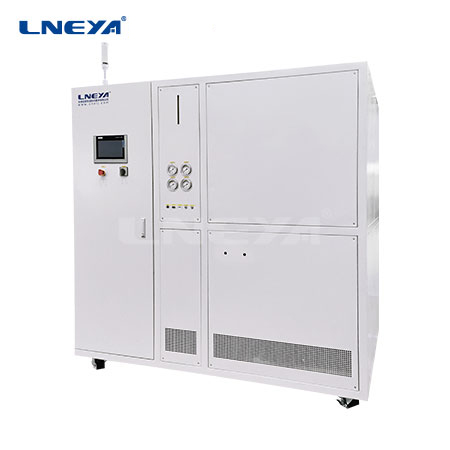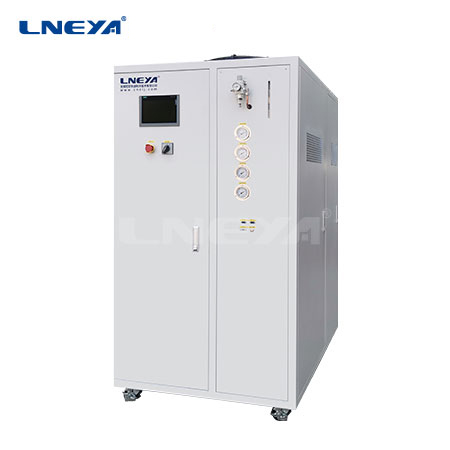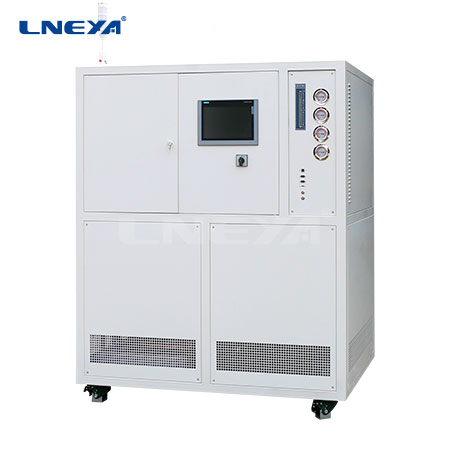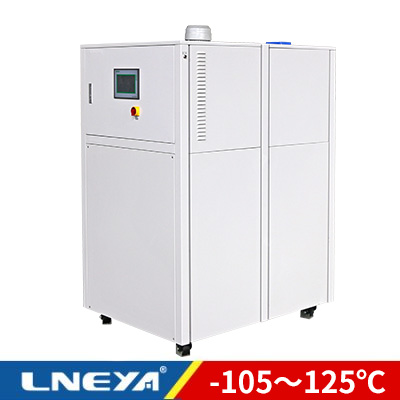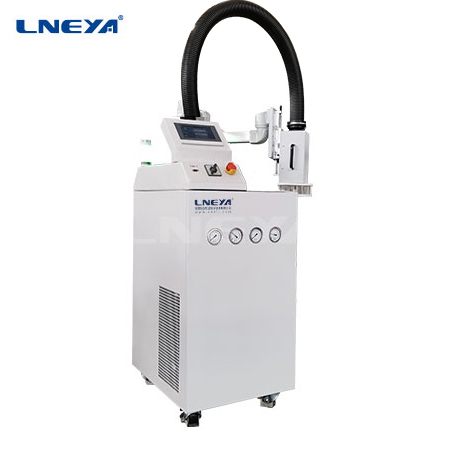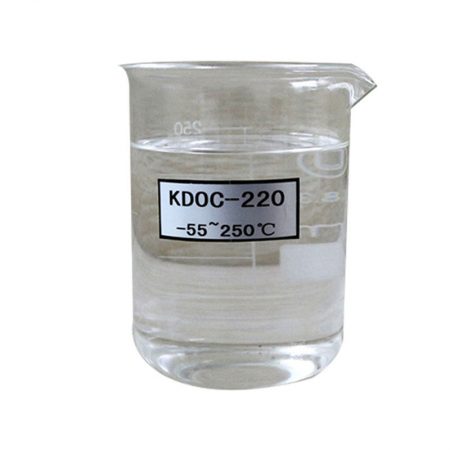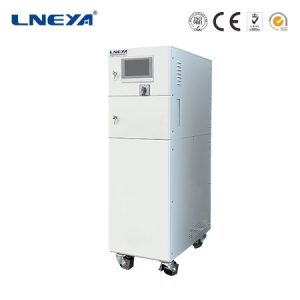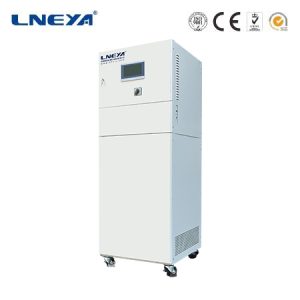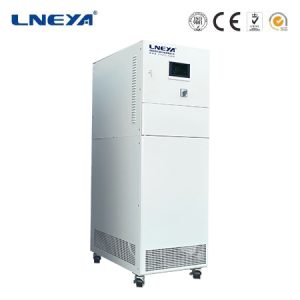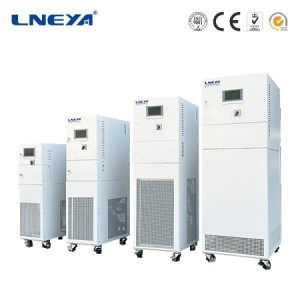How to Choose a High-Quality Industrial Chiller?
1. Environmental protection
When choosing a chiller, users must consider environmental protection to meet the needs of production, scientific research and life. For example, the following points should be noted: the chiller will generate noise during operation, and the noise value will increase or decrease with the size of the chiller. The refrigerants used in some chillers are toxic, irritating, flammable and explosive. Some refrigerants can destroy the ozone layer in the atmosphere. When they reach a certain level, it will bring disaster to mankind.
2. Energy consumption
Energy consumption refers to electricity consumption and steam consumption. Especially when selecting large industrial chillers, the comprehensive utilization of energy should be considered. Since large chillers are equipment with large energy consumption, the refrigeration of large refrigeration stations should fully consider the comprehensive utilization and balance of electricity, heat and cold, and pay special attention to the full utilization of waste steam and waste heat to achieve the best economic benefits.
3. Cooling capacity and stand-alone cooling capacity
The cooling capacity of the chiller is directly related to the energy consumption and economic effect of the entire unit, which is worthy of attention. Especially in the design of cold station, a single chiller is generally not set up, mainly considering that if a chiller breaks down or shuts down for maintenance, it will not cause production to stop, so a reasonable number of chillers should be selected according to the production conditions.
4. Temperature range
When choosing an industrial chiller, the factory’s production temperature requirements should be considered first. The high and low temperature in production has very important practical significance for the selection and system composition of the chiller. For example, there is a fundamental difference between a chiller for air conditioning and a chiller for cryogenic engineering.
5. Vibration
Chillers vibrate during operation, but the frequency and amplitude vary greatly depending on the type of unit. If there is a requirement for anti-vibration, a small-amplitude chiller should be selected, or the foundation and piping of the chiller should be damped.
6. Cooling water quality
The quality of cooling water has a great influence on the heat exchanger, which may lead to fouling or corrosion of the equipment, which will not only affect the reduction of the cooling capacity of the chiller, but also lead to blockage and damage to the heat exchange tubes in severe cases.
Siamo un produttore professionale di apparecchiature di controllo della temperatura, sostenendo servizi personalizzati, si prega di consultateci per i dettagli!
Intervallo di controllo della temperatura: da -150°C a +50°C

Sistemi di controllo dinamico della temperatura
Intervallo di controllo della temperatura: da -120°C a +350°C

Refrigeratori di prova per automobili
Intervallo di controllo della temperatura: da -40°C a +100°C

Refrigeratori di prova per semiconduttori
Intervallo di controllo della temperatura: da -85°C a +250°C

Intervallo di controllo della temperatura: da -150°C a -10°C
 LNEYA
LNEYA
 简体中文
简体中文










